How Much Does Your Ignorance Cost?
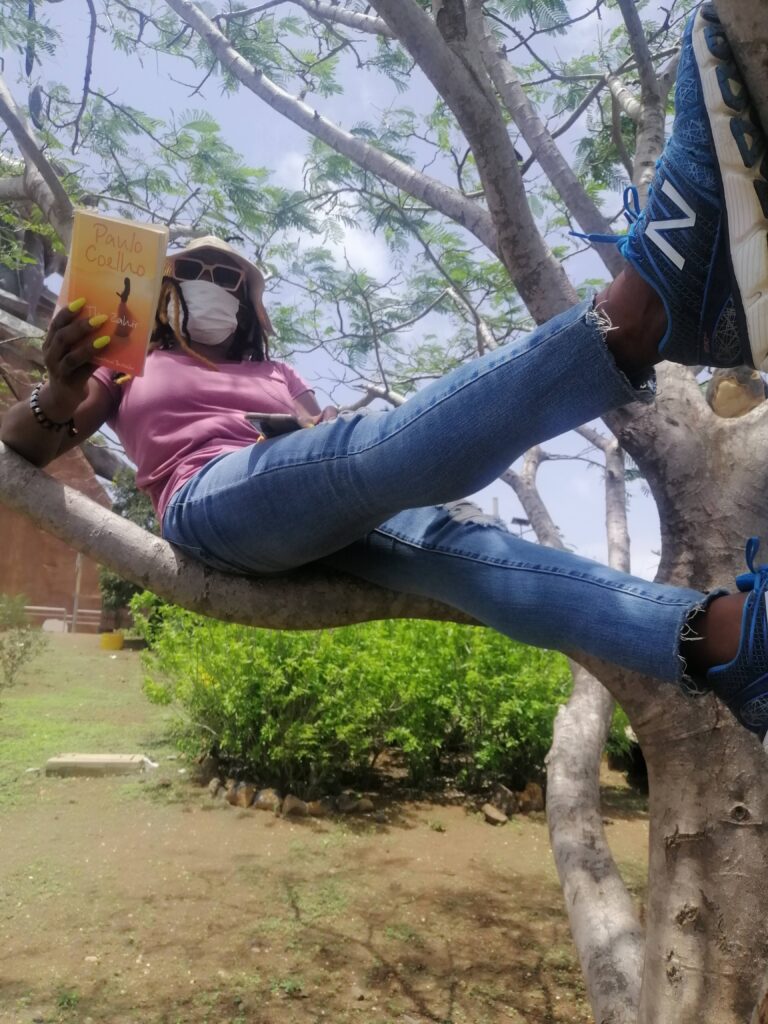
Please do not burst my bubble because with my head in the clouds, I can pretend not to know
Can Anything Good Come out of Cancer?

How madame cancer visited and left me gifts.
The Refugee Woman And Her 24k Gold – 2

How this Indian woman reminded me of what truly matters
The Refugee Woman And Her 24k Gold

How a chance encounter with a refugee sent me a reminder
MARCH, Women’s Month, Women’s Issues & Women as Collateral Damages
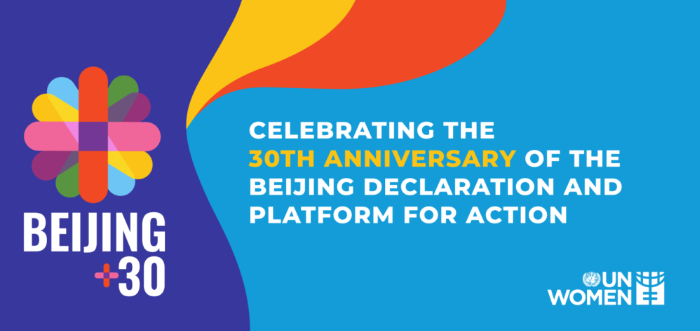
March is recognised internationally as Women’s Month. This year, I was part of
of culture, religion, faith, race and all things divisive
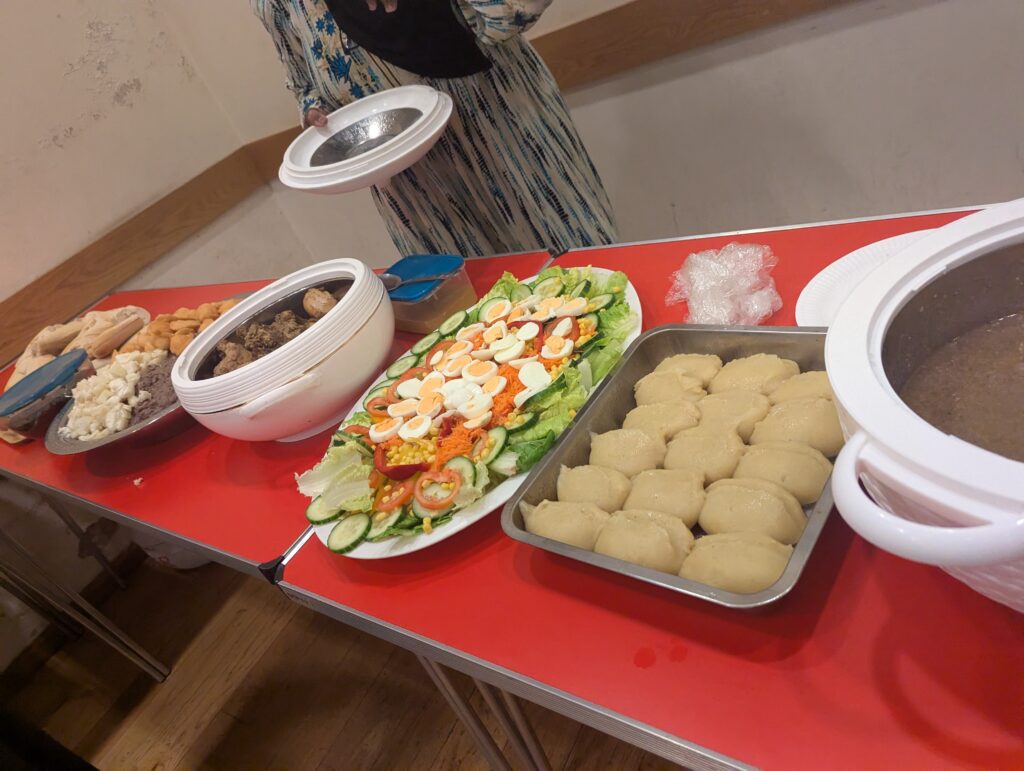
Platters of fruits They sat around the tables as the Imam led the Dua for Iftar.
Dream Count: A review of Chimamanda Ngozi Adichie’s Novel.
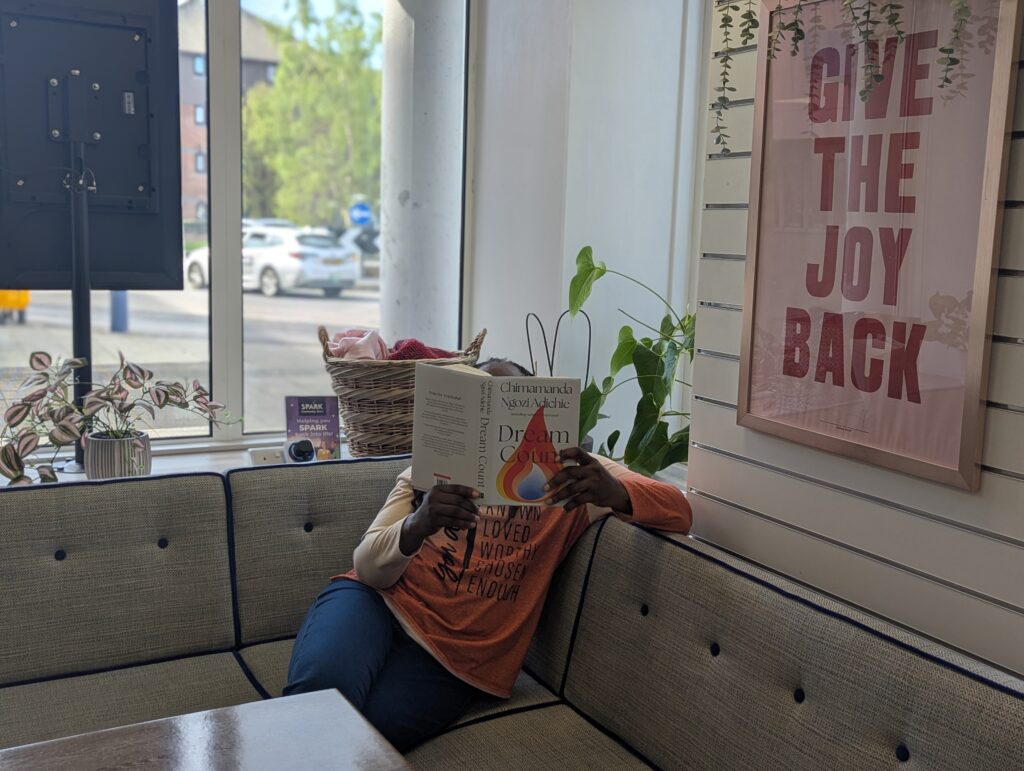
As reviewed through the eyes of an unmarried, Igbo woman
#iwd2025: tackling the shame & stigma of a single mother
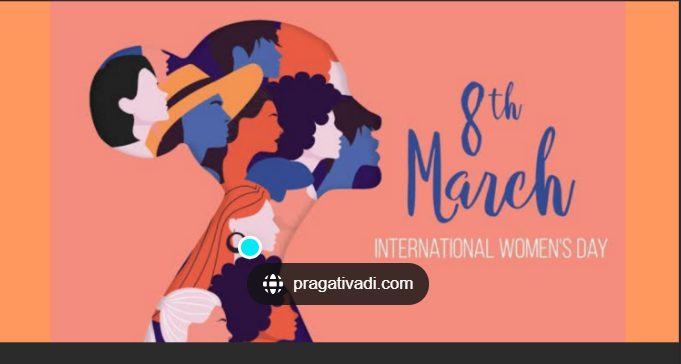
“When I got pregnant, everything changed. Especially within my family. The disappointment was too heavy. I had gone from the
the single parent and the other gender child
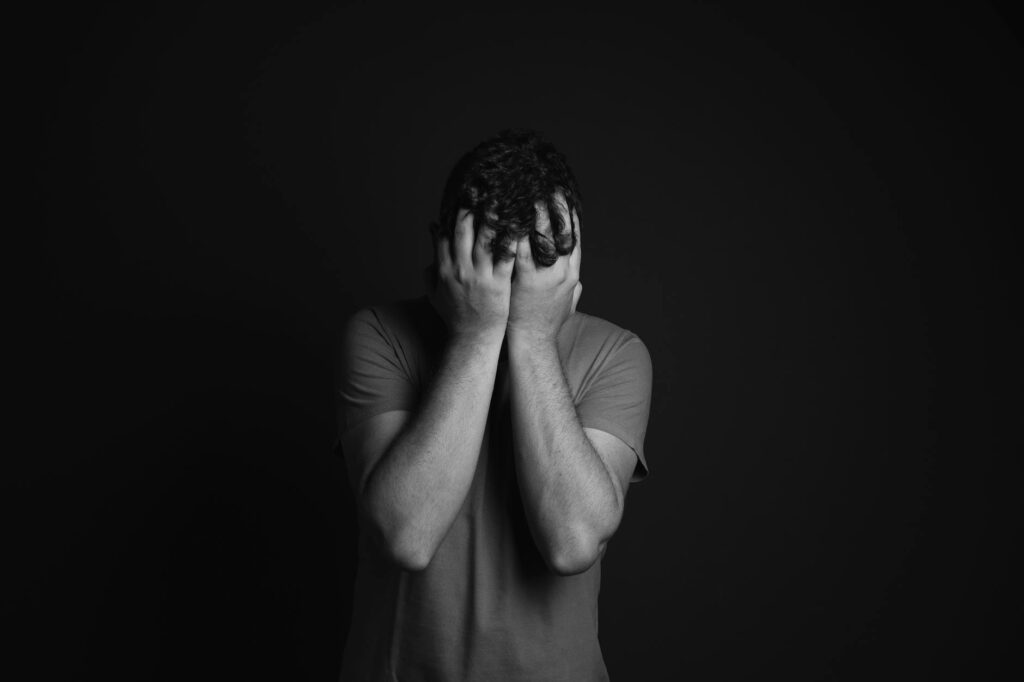
Holding my son’s crotch in my hands, I gingerly tilted it allways as I
The Undignifying Circle of Life
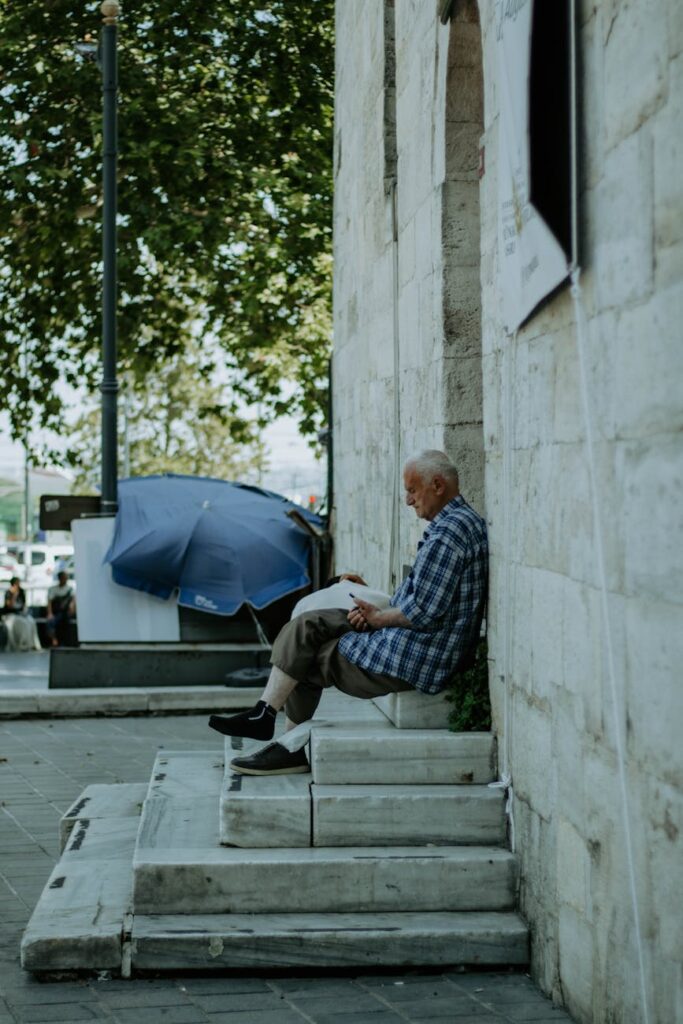
21:53 My eyes are tired. They have been attempting to
